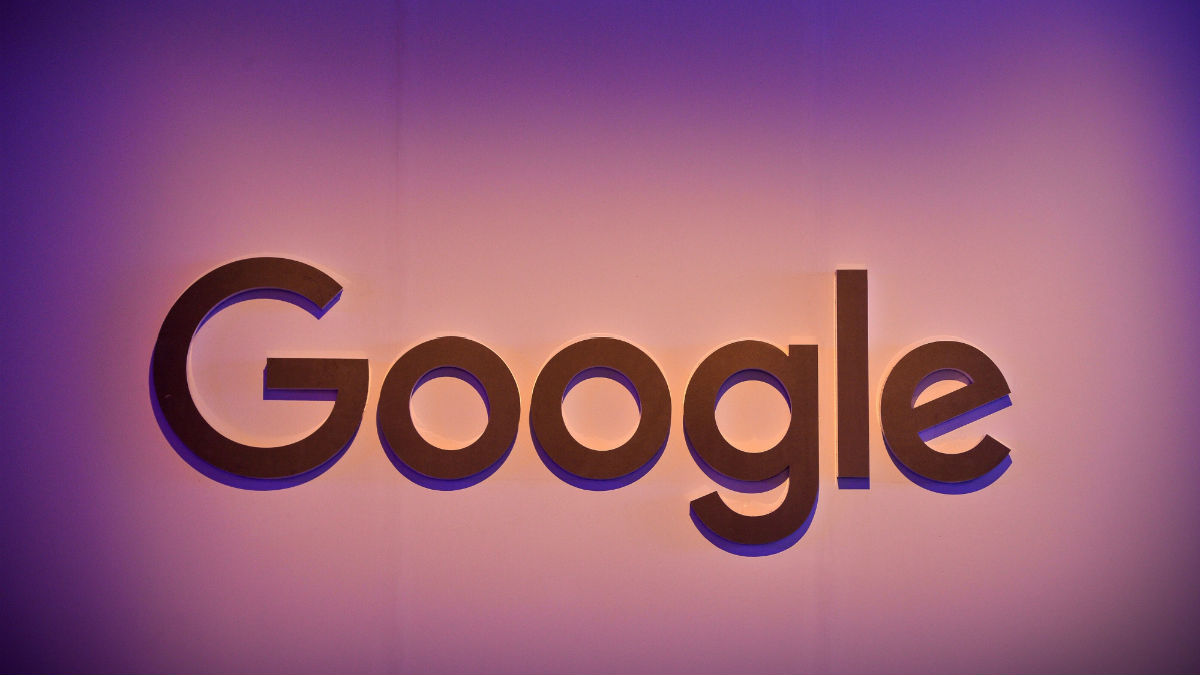Google to replace passwords with 'trust scores'
Trust AI software could see end of traditional security measures for Android users

A free daily email with the biggest news stories of the day – and the best features from TheWeek.com
You are now subscribed
Your newsletter sign-up was successful
Google looks set to abandon traditional passwords in favour of a new "trust score" system on Android-powered devices.
Trust API monitors how users operate their phones and builds a profile based on numerous factors to determine if a device is in the right hands.
According to The Guardian, the feature was introduced to developers at this year's annual Google I/O conference and will go through initial tests with "several very large financial institutions in June". Should this prove a success, the system could be available to Android developers by the end of the year.
The Week
Escape your echo chamber. Get the facts behind the news, plus analysis from multiple perspectives.

Sign up for The Week's Free Newsletters
From our morning news briefing to a weekly Good News Newsletter, get the best of The Week delivered directly to your inbox.
From our morning news briefing to a weekly Good News Newsletter, get the best of The Week delivered directly to your inbox.
Trust API was developed under the name Project Abacus last year and is intended to turn password security on its head, continues the paper. Google believes that, instead of one password or code, stacking several potentially weaker parameters on top of each other is the way forward.
The system will work using a mix of factors. Biometric data, such as face shape and vocal patterns are some of the more obvious ones, while others would rely on passive data collection throughout the day, such as users' locations and how they use their phones to the way they swipe and key in letters. All of these factors together generate a trust score.
The Independent says it would be "much harder" for a password thief to actually mimic the way someone uses their phone day in day out and that Google believes Trust API will be ten times more secure than the fingerprint scanners fitted to most top-end mobile devices today.
The system also adds a degree of variance to security, meaning developers can build apps and websites needing with several levels of clearance. For instance, users could access their bank balance with just a trust score, although actually moving money around may require a fingerprint scan or passcode on top. Trust-score thresholds could be altered on a case-by-case basis for different services.
A free daily email with the biggest news stories of the day – and the best features from TheWeek.com
However, the added security may not sit comfortably with everyone. BGR says it "remains to be seen if users are open to the idea of their phone effectively keeping tabs on them in exchange for an ostensibly more convenient user experience".
-
 The EU’s war on fast fashion
The EU’s war on fast fashionIn the Spotlight Bloc launches investigation into Shein over sale of weapons and ‘childlike’ sex dolls, alongside efforts to tax e-commerce giants and combat textile waste
-
 How to Get to Heaven from Belfast: a ‘highly entertaining ride’
How to Get to Heaven from Belfast: a ‘highly entertaining ride’The Week Recommends Mystery-comedy from the creator of Derry Girls should be ‘your new binge-watch’
-
 The 8 best TV shows of the 1960s
The 8 best TV shows of the 1960sThe standout shows of this decade take viewers from outer space to the Wild West
-
 Will AI kill the smartphone?
Will AI kill the smartphone?In The Spotlight OpenAI and Meta want to unseat the ‘Lennon and McCartney’ of the gadget era
-
 Has Google burst the Nvidia bubble?
Has Google burst the Nvidia bubble?Today’s Big Question The world’s most valuable company faces a challenge from Google, as companies eye up ‘more specialised’ and ‘less power-hungry’ alternatives
-
 How the online world relies on AWS cloud servers
How the online world relies on AWS cloud serversThe Explainer Chaos caused by Monday’s online outage shows that ‘when AWS sneezes, half the internet catches the flu’
-
 Is the UK government getting too close to Big Tech?
Is the UK government getting too close to Big Tech?Today’s Big Question US-UK tech pact, supported by Nvidia and OpenAI, is part of Silicon Valley drive to ‘lock in’ American AI with US allies
-
 Google: A monopoly past its prime?
Google: A monopoly past its prime?Feature Google’s antitrust case ends with a slap on the wrist as courts struggle to keep up with the tech industry’s rapid changes
-
 South Korea's divide over allowing Google Maps
South Korea's divide over allowing Google MapsTalking Points The country is one of few modern democracies where the app doesn't work
-
 Google avoids the worst in antitrust ruling
Google avoids the worst in antitrust rulingSpeed Read A federal judge rejected the government's request to break up Google
-
 Will online age checks doom internet freedom?
Will online age checks doom internet freedom?Today's Big Question Or do they protect children from harm?